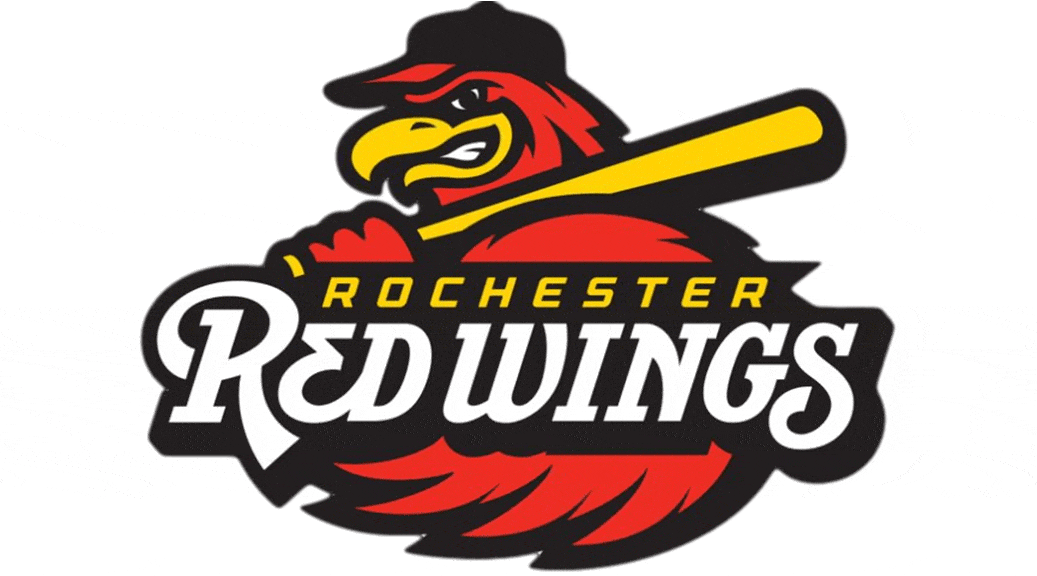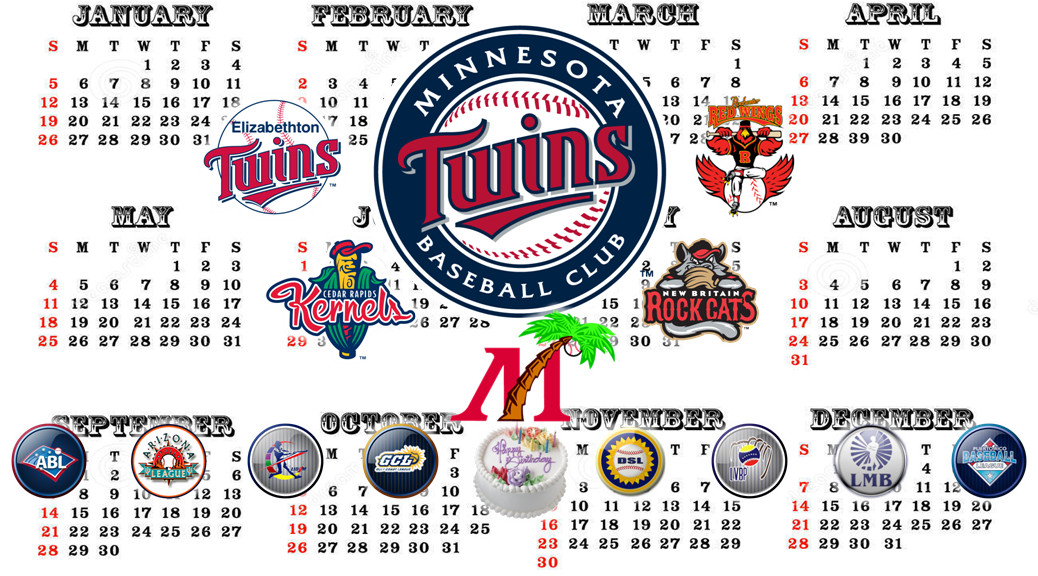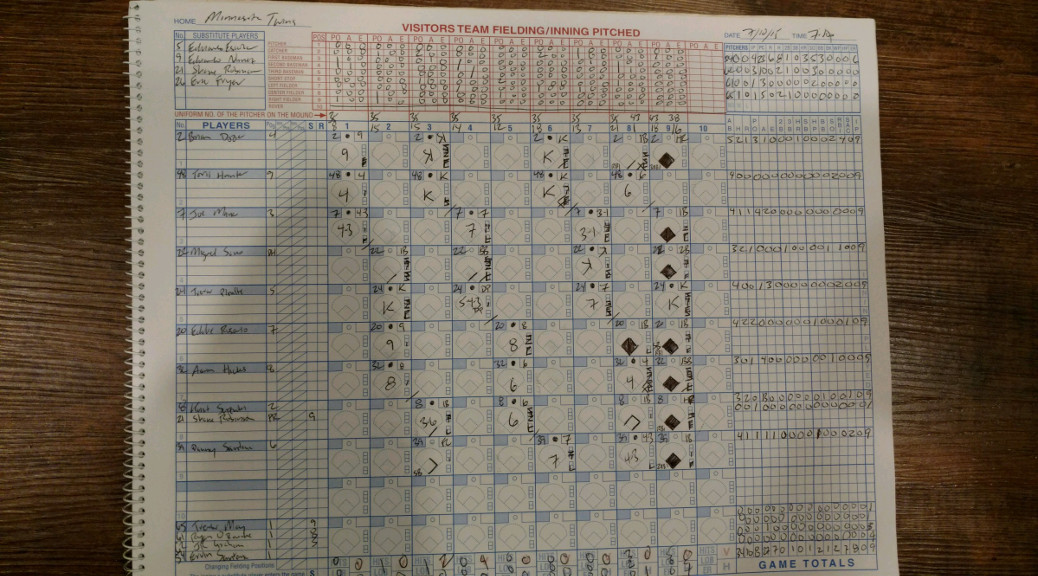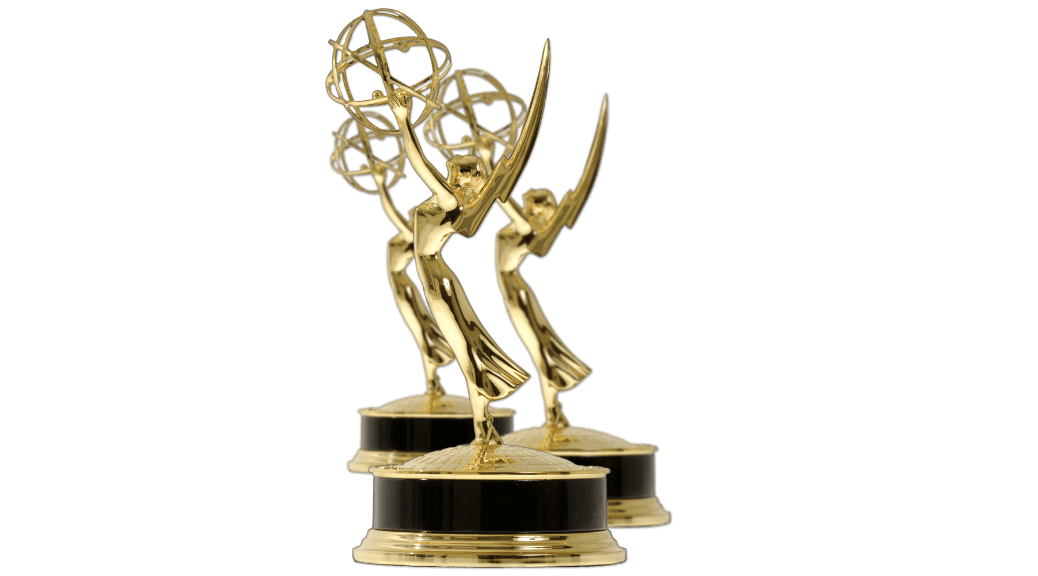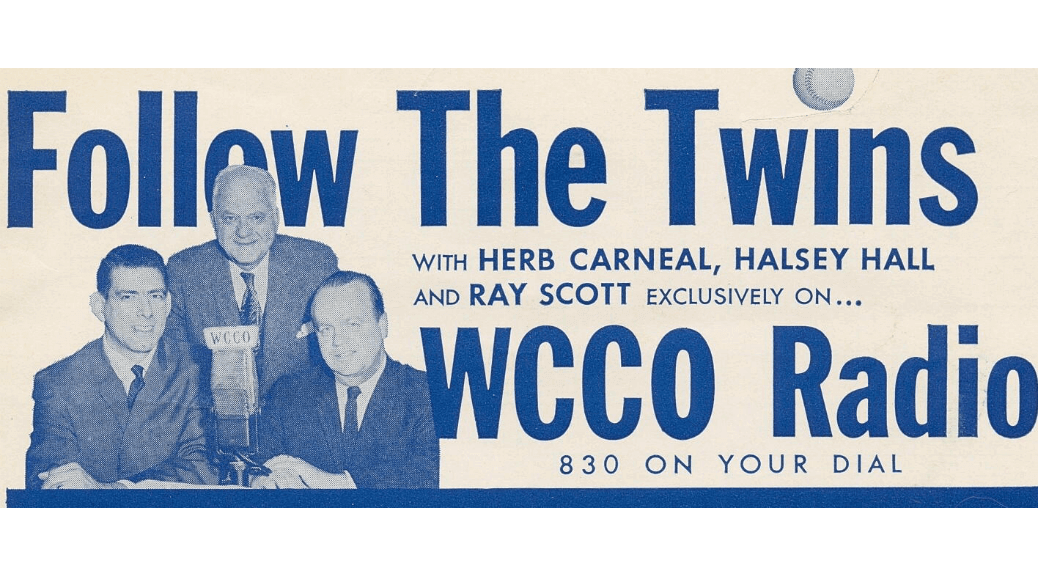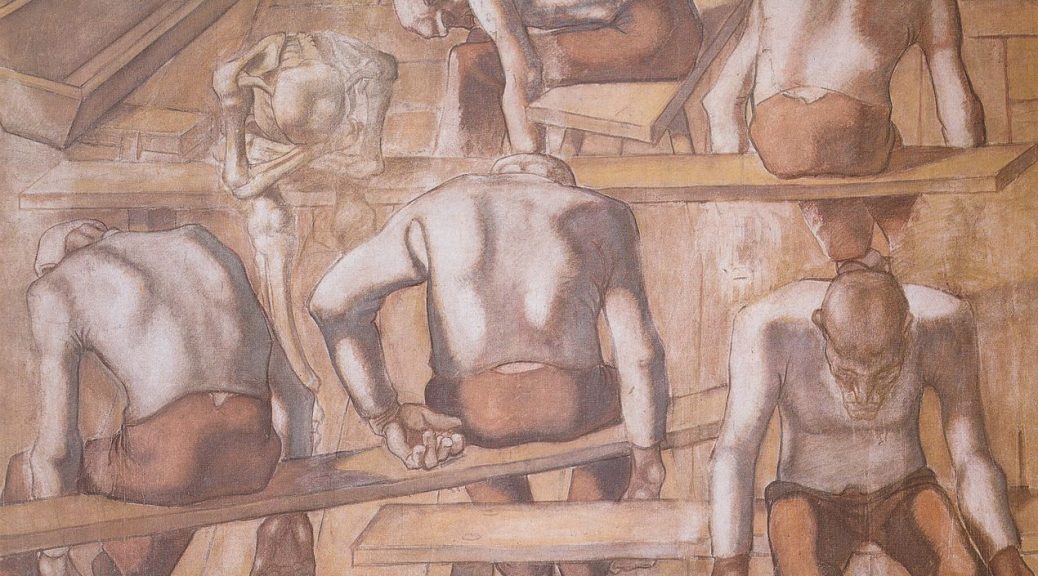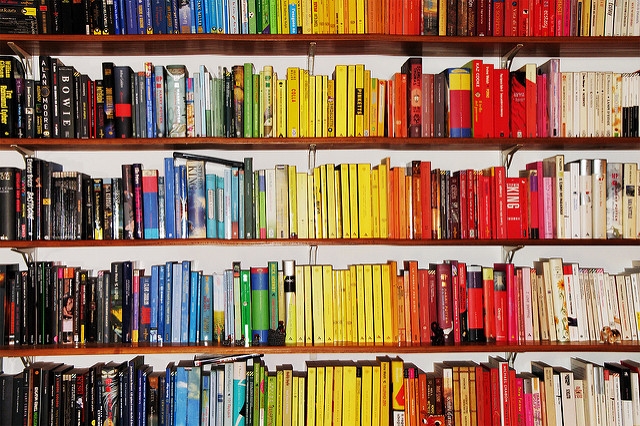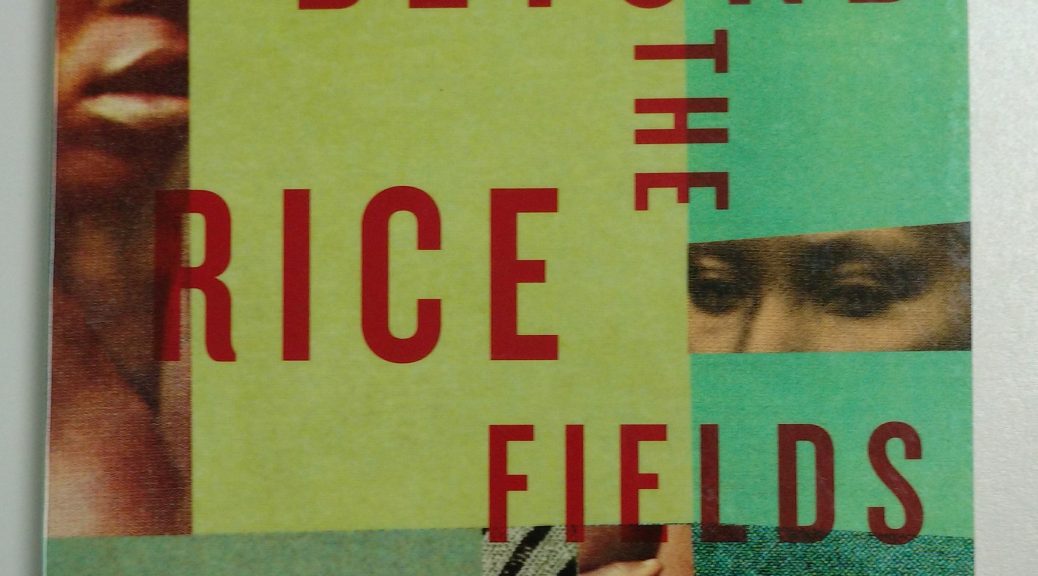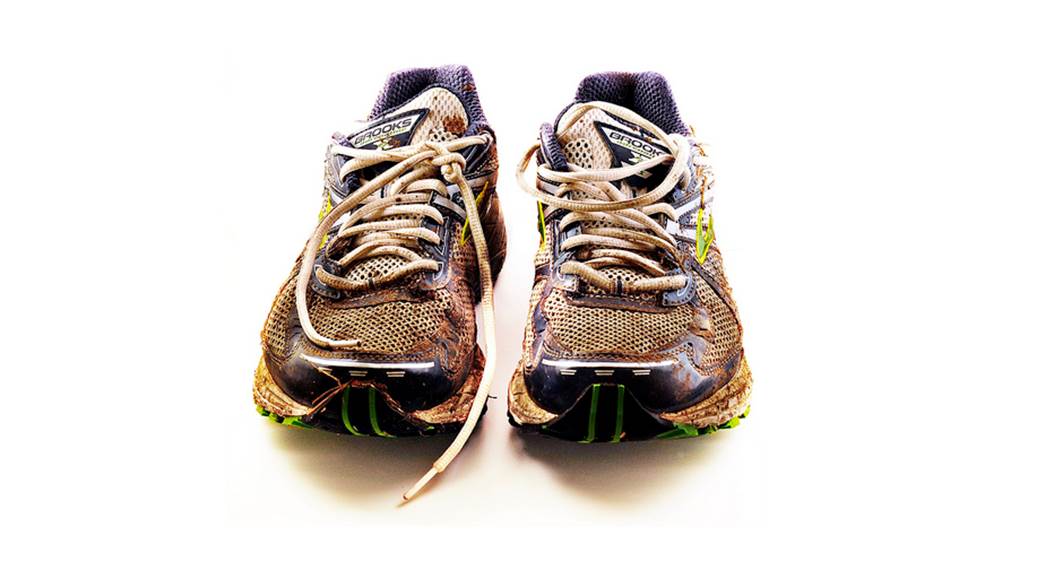What have you done today to protect yourself from sexual harassment or assault? What has your wife done? Your mother? Your sister? Your daughter?
Someone you love was sexually abused as a young child. Someone you love wanted to say no and didn't know how. Someone you love believed she was dirty, damaged, worthless because of something that was done to her.
I have had this post on my mind since the Weinstein allegations came to light last fall, but I somehow kept putting off writing it. I don't need to tell you that sexism, harassment, and assault exist. We don't need to talk about any of that as a dynamic of this community (thank goodness), but I want to share a few things from my own life and share some thoughts about raising kids in a world where sexism, harassment, and assault exist.
The summer when I turned 18 was one of my favorite summers. But thank God I'm not 18 anymore. There is a particular vulnerability in being a young woman that brings out the worst in men. They somehow seem to know that you aren't prepared for it, don't know how to respond. That you'll let their comments get to you. My parents have always been loving and supportive, and on the whole, they did a wonderful job of raising me. But they never told me how to handle catcalls, how to brush off men drawn to my youth and naïveté.
Your mother, your wife, or your sister has almost certainly experienced at the very least some type of low-level harassment. Your daughter almost certainly will, if she hasn't already. And while the experience may have been nothing more than a comment from a passing stranger or a brief hand on her back, the shame and disgust she felt afterward likely lasted much longer than the incident itself.
So for those of us who are parents, how do we raise our children in a way that doesn't perpetuate sexist beliefs and behaviors? I don't really know, but somehow I don't think that simply saying to our kids, "everyone's equal, we're all the same, be nice to everyone" is going to do it. Before I had children, I had a lot of ideas about how to raise kickass girls. And then I had two boys.
We've talked before at the WGOM about ways of addressing consent with young kids. Tickling is okay only when the child says it's okay. A child (or an adult) can say they don't want a hug. It's not okay to touch another person in a way they don't want to be touched.
I also try to put into words when my kids touch me in a way I enjoy: "That was nice." "I like when you hug me like that, it makes me feel really loved." It is my hope that this will help them develop their own vocabulary for navigating all manner of physical encounters as they get older.
After the Weinstein stuff came out, I talked a little to the jalapeño (who is 7) about how women haven't always been treated fairly. That they have been paid less for doing the same job as a man, that there have been a lot of jobs they were told they couldn't do at all. His response. "Well, that's really dumb." Sing it, brother! It feels weird to point out inequality, but my gut tells me that he needs to know about this stuff if he's going to play a part in not perpetuating it.
Earlier this year, I had a rather unpleasant experience with a man while I was waiting in line to order a burrito bowl at a large grocery store near my job. There was a creepy comment and a hand on my waist. But lucky for me, I'm no longer that 18-year-old girl who doesn't know what to say. I turned and looked right at that guy and he asked in a slightly sarcastic way, "Is that not okay?" I said, "No. It's never okay to touch someone without permission." And he left. That night after dinner, I told the jalapeño about it (without many specifics). He didn't say anything, but he gave me the kind of hug that makes me feel really loved.
And yet, women talking won't by itself fix everything. That's where I'm hoping all of you come in. Men have to talk with other men about these things. They have to talk to kids about these things. And kids have to see the men in their lives making their way through the world in a way that is respectful toward women. Because nothing is going to get better for anyone unless we're all in this together.
Thanks for reading, guys.

